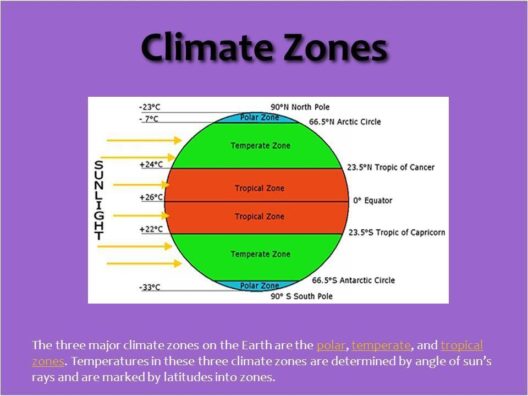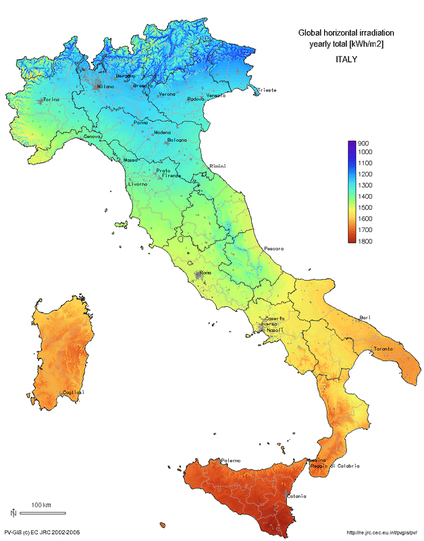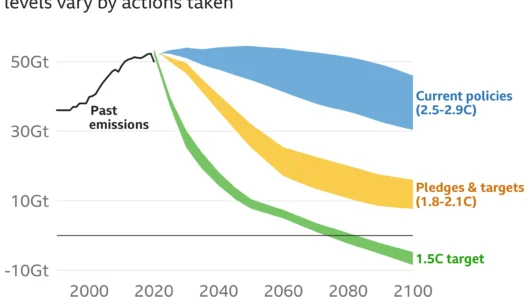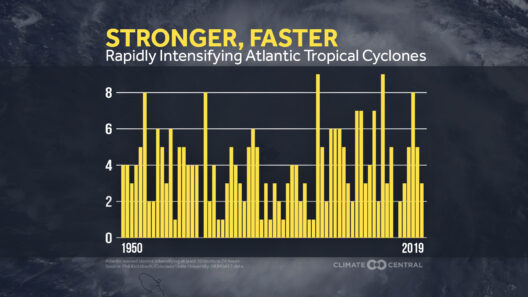Global warming is not a mere projection for the future; it is an omnipresent reality reshaping our planet and humanity’s existence. The ramifications of climate change are diverse and multifaceted, spanning ecological, social, and economic realms. A deeper understanding of these impacts fosters awareness and, ultimately, collective action. As we delve into the dire implications of global warming, we unveil how it transforms industries, affects human health, exacerbates social inequalities, and induces environmental alterations.
Historically, humanity’s industrial advancements have contributed significantly to greenhouse gas emissions. The combustion of fossil fuels, deforestation, and industrial processes have escalated carbon dioxide levels in our atmosphere. Consequently, a cascade of adverse effects emerges. One of the immediate consequences is the increase in global temperatures, witnessed over the past century. This warming trend is not uniform. It varies across regions, leading to climate zones shifting poleward and upward in elevation.
As temperatures escalate, ice sheets and glaciers begin to recede. This melting contributes to sea-level rise, posing existential threats to coastal populations. In coastal cities, inundation may become the norm, leading to displacement and economic loss. Regions like the Maldives and parts of Bangladesh exemplify vulnerable areas where entire communities face the risk of submersion. Herein lies a stark reality: climate refugees will proliferate, complicating geopolitical landscapes.
Agriculture, fundamentally intertwined with global food security, stands at the frontline of this climate crisis. Shifting climatic conditions alter growing seasons, introduce pests, and exacerbate droughts or floods. For instance, regions traditionally reliant on specific crops are experiencing decreased yields—wheat in Europe and corn in the United States are prime examples. Such fluctuations directly challenge food availability and affordability, influencing economic stability and public health.
Moreover, ecosystem disruptions can ripple through the food chain, threatening biodiversity. As temperatures rise, species are forced to adapt, migrate, or face extinction. Coral reefs, often referred to as the ocean’s rainforests, suffer from bleaching due to higher water temperatures and acidifying oceans. The loss of biodiversity not only diminishes ecological integrity but also undermines resilience to environmental changes, further complicating human adaptation efforts.
Health repercussions of global warming cannot be understated. Increased temperatures foster the proliferation of vector-borne diseases, such as malaria and dengue fever, as mosquitoes thrive in warmer climates. Extreme weather events, including heatwaves and hurricanes, exacerbate health crises, leading to heat-related illnesses and injuries. Furthermore, air quality deteriorates with rising temperatures, intensifying respiratory ailments and cardiovascular diseases. Societal infrastructures face enormous strain under these growing health challenges—treatment facilities and health care providers must adapt rapidly.
Social dynamics also shift in response to climate change. As resources dwindle and environmental pressures mount, existing inequalities will worsen. Low-income individuals and marginalized communities will disproportionately bear the brunt of climate impacts, lacking the means to adapt or relocate. This injustice manifests as a cycle of poverty, exacerbated by limited access to clean water, nutritious food, and healthcare services. Failure to address these disparities undermines societal cohesion and hinders collective climate action.
Industries are compelled to navigate the new realities imposed by global warming. The energy sector, for instance, faces tremendous pressure to transition towards sustainability. Fossil fuel reliance is increasingly scrutinized, leading to burgeoning investment in renewable energy sources like solar, wind, and hydroelectric power. Forward-thinking corporations recognize the opportunity embedded in sustainable practices, not merely as environmental stewardship but as economic viability. However, the transition remains fraught with challenges, including technological barriers and political inertia.
Moreover, the insurance industry grapples with the financial implications of climate change. The frequency and intensity of natural disasters translate to increased claims, prompting a reevaluation of risk assessment models. As a result, premiums may surge, making coverage unaffordable for vulnerable populations. This scenario illustrates a broader economic paradox: while some industries may thrive amidst the climate crisis, others face existential threats, underpinning the need for adaptive economic frameworks.
One cannot overlook the role of policy and governance in addressing the impact of global warming. Multinational agreements, such as the Paris Agreement, illustrate the collective recognition of climate change as a pressing global concern. National governments must implement ambitious policies reinforcing diminished emissions and fostering sustainable practices. However, political will remains a challenge, with varied interests often delaying substantial progress. Enhanced vigilance and activism are essential for driving accountability and ensuring that climate commitments translate into meaningful action.
The role of technology in combating climate change is indeed promising. Innovations in carbon capture and storage (CCS), electric vehicle advancements, and smart agricultural practices hold immense potential. Emerging technologies are being harnessed to optimize resource management, enhance energy efficiency, and mitigate emissions. Yet, the future hinges on the effective and equitable deployment of these innovations, ensuring they do not exacerbate existing disparities or create new challenges.
In conclusion, global warming’s unfolding impacts on humanity necessitate an urgent and informed response. The intertwining challenges of environmental degradation, health crises, and social inequalities call for a united global effort. Proactive engagement, innovative solutions, and rigorous activism will dictate whether we can turn the tide on climate change. The future is now; each individual carries the responsibility to act, fostering a sustainable, equitable world for generations to come. Enhanced awareness, informed advocacy, and collective action are paramount in addressing the multifaceted implications of global warming and securing a viable future for all.







